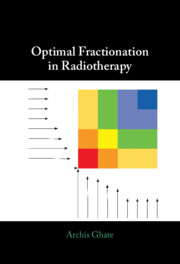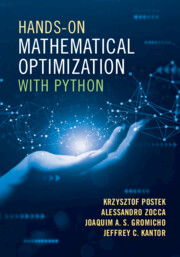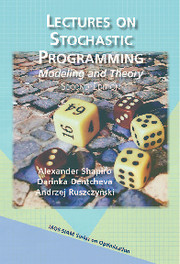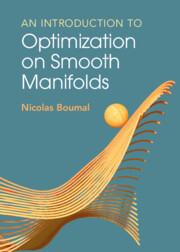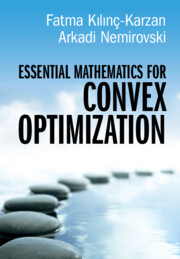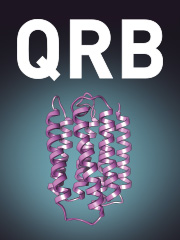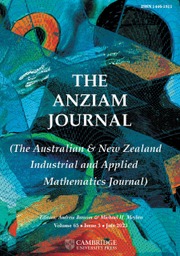Optimal Fractionation in Radiotherapy
This monograph provides a mathematically rigorous overview of optimal fractionation in cancer radiotherapy, which seeks to address the fundamental tradeoff of maximizing tumor-kill while protecting nearby healthy tissue from toxic effects. Most mathematical research on exact solutions to this problem is scattered across journals in applied mathematics, operations research, radiobiology, medicine, and medical physics. These works rarely include rigorous proofs or detailed derivations of their methodologies. Moreover, computer programs utilized for conducting numerical experiments seldom accompany these publications, thereby jeopardizing reproducibility. This monograph aims to provide a comprehensive pedagogical reference that brings researchers up to speed on optimal fractionation, utilizing and illustrating analytical techniques from linear algebra, calculus, linear programming, quadratic and nonlinear programming, robust optimization, and inverse optimization. Its purpose is to help readers understand the mathematics behind the optimal fractionation problem, empowering them to contribute original work to this field.
- Presents several mathematical formulations of the fractionation problem, allowing readers to appreciate the pros and cons of these formulations
- Provides detailed mathematical derivations of solutions to all formulations, enabling a deeper understanding of the fractionation problem
- Includes Python code that executes pseudocode listings, allowing readers to run and/or modify code to solve the fractionation problem with their choice of parameters
Reviews & endorsements
‘This book provides a wonderfully rigorous and comprehensive treatment of the mathematics behind fractionation in radiation therapy. It consolidates a significant body of work in a consistent manner, making it a go-to reference for the expert and beginner alike. The inclusion of robust optimization and inverse optimization in the context of fractionation provides considerable depth, reinforcing the value of interdisciplinary research.' Timothy Chan, University of Toronto
‘This text provides a unifying mathematical framework for the fractionation decision in radiotherapy. It offers a rich blend of mathematical analysis, numerical examples, codes, exercises, and bibliographic notes for an in-depth understanding and implementation of the concepts discussed. The book presents a fresh perspective to the long-standing fractionation debate in the field of radiotherapy and can inspire the design of new clinical trials to improve treatment efficacy for cancer patients.’ Ehsan Salari, Wichita State University
Product details
October 2023Adobe eBook Reader
9781009341141
0 pages
35 b/w illus.
This ISBN is for an eBook version which is distributed on our behalf by a third party.
Table of Contents
- Preface
- 1. Introduction
- 2. Fractionation with a single organ-at-risk
- 3. Fractionation with multiple organs-at-risk
- 4. Robust fractionation
- 5. Inverse fractionation
- 6. Spatiotemporally integrated fractionation
- 7. Robust spatiotemporally integrated fractionation
- 8. Fractionation with two modalities
- 9. Robust fractionation with two modalities
- 10. Directions for future work
- Appendix Background on optimization
- Bibliography Index.

